Mistake by 'tired technicians' led to British Airways engine fire
Investigation into 2013 accident also revealed cabin crew failed to act on passenger reports of fuel leak
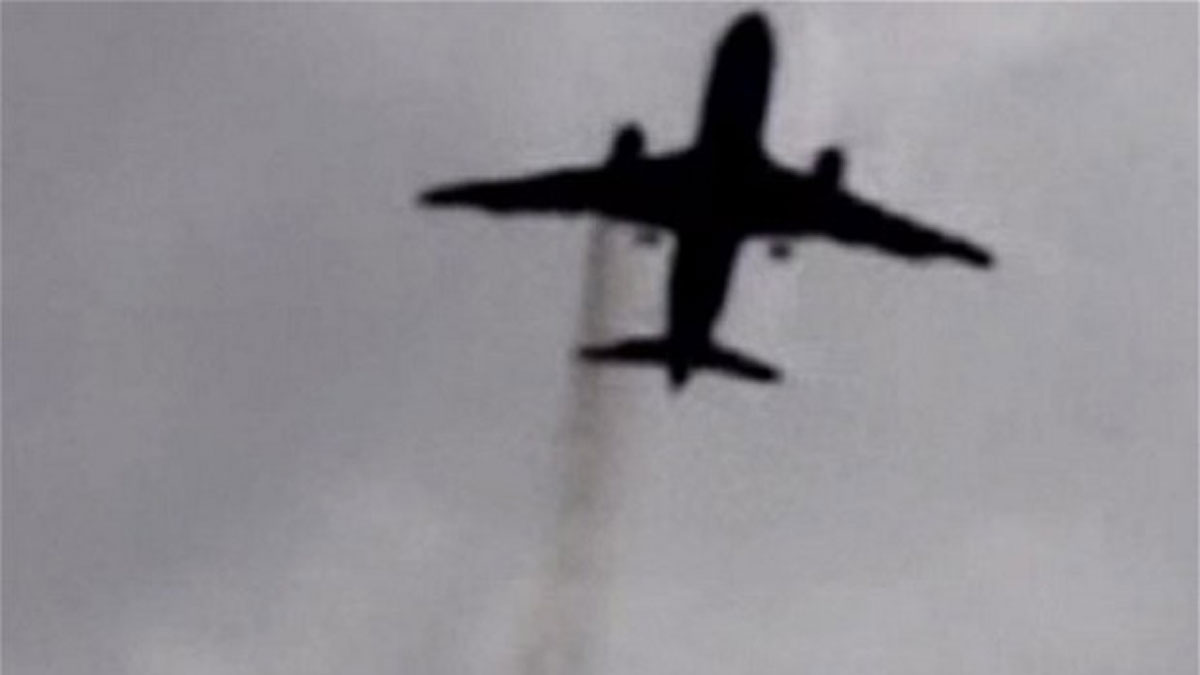
A free daily email with the biggest news stories of the day – and the best features from TheWeek.com
You are now subscribed
Your newsletter sign-up was successful
A British Airways plane was forced to make an emergency landing at Heathrow airport after one of its engines caught fire because of mistake made by tired workers, an investigation has revealed.
The Airbus A319 aircraft was carrying 75 passengers and five crew members from London to Oslo on May 24, 2013 when the covers of the engines flew off and fuel from a punctured pipe caused a fire in the engine.
Four minutes into the flight, the pilot was forced to return to Heathrow and land with just one engine, scattering the runway with debris. Once the plane was on the ground, the fire was put out and passengers were evacuated from the plane via escape slides, with just three reported injuries.
The Week
Escape your echo chamber. Get the facts behind the news, plus analysis from multiple perspectives.

Sign up for The Week's Free Newsletters
From our morning news briefing to a weekly Good News Newsletter, get the best of The Week delivered directly to your inbox.
From our morning news briefing to a weekly Good News Newsletter, get the best of The Week delivered directly to your inbox.
More than two years later, an Air Accidents Investigation Branch (AAIB) report has concluded that several human errors led up to the accident.
The doors on both engines had been left unlatched during scheduled maintenance by two technicians who planned to come back later in their shift to top up the oil. Instead, they mistakenly resumed working on another plane.
The pilot and ground handler also failed to spot the unlatched doors during their pre-flight inspection.
The technicians involved may have been "compromised by fatigue" due to a "significant level" of overtime they has been working, investigators said.
A free daily email with the biggest news stories of the day – and the best features from TheWeek.com
One of the technicians had worked 70 hours over seven consecutive days and nights and was on the second of two 12-hour overtime nightshifts, The Guardian reports.
The report also found that cabin crew failed to act after a number of terrified passengers informed them about they could see fuel streaming from the engine.
"It is evident from photographs and passenger reports that the fuel leak was clearly visible through the cabin windows," the report said. "Despite these cues, information regarding the fuel leak was not assimilated by the cabin crew and not passed to the flight crew as required."
A number of recommendations have been made to prevent such an accident from happening again, including fatigue risk management, in-flight damage assessments by cabin crew and aircraft evacuation procedures.
BA's executive chairman Keith Williams told the BBC: "The safety of our customers and crew is always our highest priority. "The changes we have already made to our procedures, along with the safety recommendations for EASA and Airbus, will prevent occurrences of this type of incident in the future."
-
 The Olympic timekeepers keeping the Games on track
The Olympic timekeepers keeping the Games on trackUnder the Radar Swiss watchmaking giant Omega has been at the finish line of every Olympic Games for nearly 100 years
-
 Will increasing tensions with Iran boil over into war?
Will increasing tensions with Iran boil over into war?Today’s Big Question President Donald Trump has recently been threatening the country
-
 Corruption: The spy sheikh and the president
Corruption: The spy sheikh and the presidentFeature Trump is at the center of another scandal
-
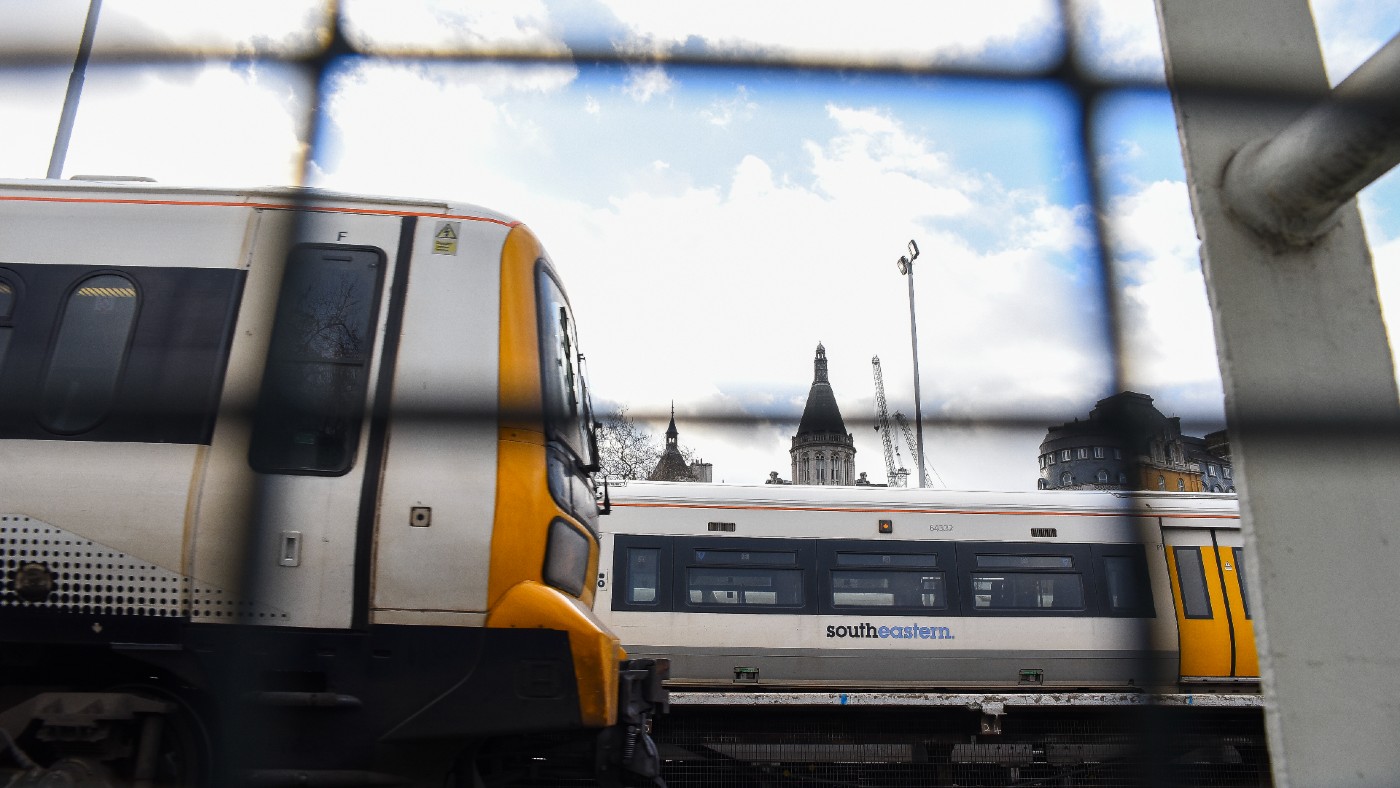 Rail strikes: is Britain on track for a ‘summer of discontent’?
Rail strikes: is Britain on track for a ‘summer of discontent’?Speed Read The ‘biggest rail strike in modern history’ is planned for next week
-
 ‘See it. Say it. Sorted’: is it the end of the line for train announcements?
‘See it. Say it. Sorted’: is it the end of the line for train announcements?Speed Read The transport secretary has pledged a ‘bonfire of the banalities’ on England’s railways
-
 UK to bring in airport Covid tests for arrivals
UK to bring in airport Covid tests for arrivalsSpeed Read MPs call for stricter border measures as South African variant of coronavirus spreads
-
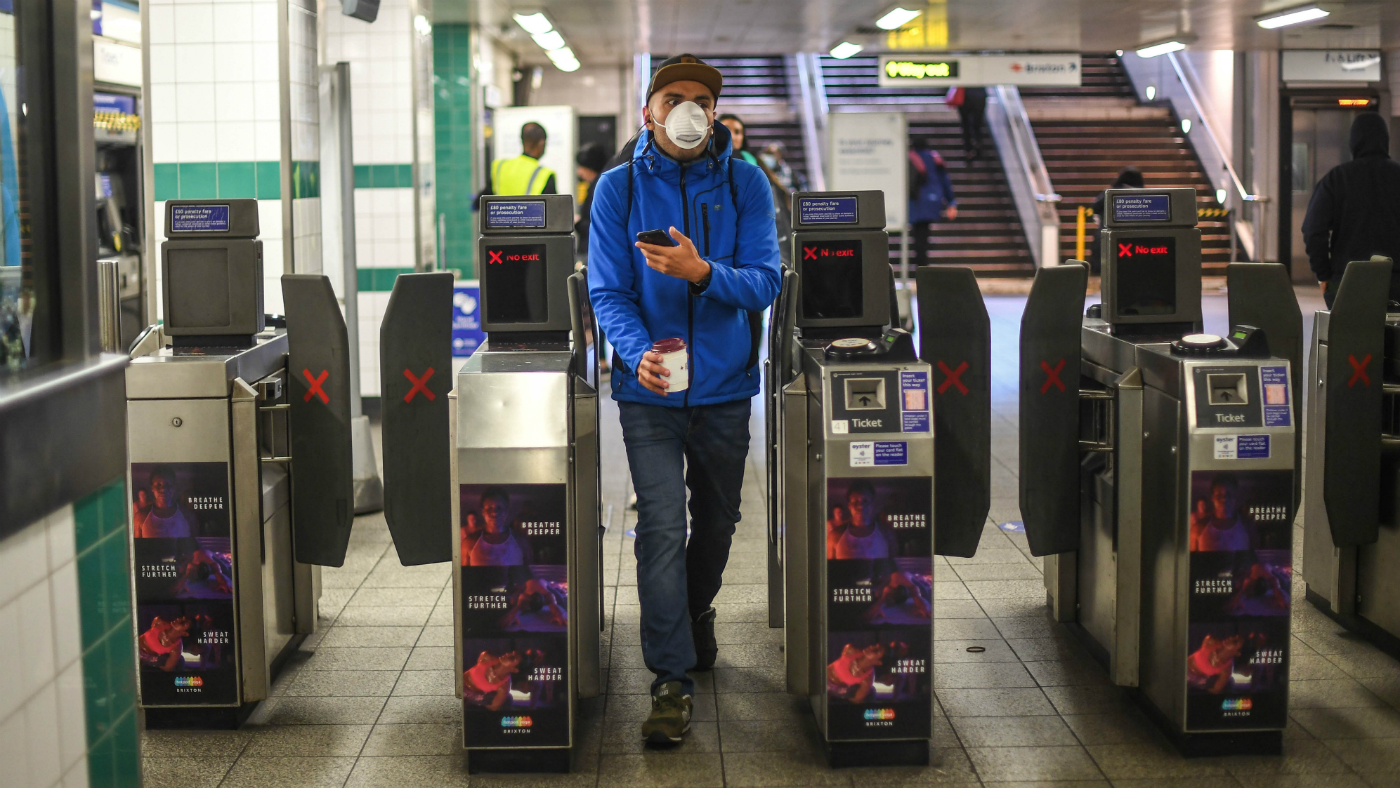 UK records biggest jump in transport use since pandemic began
UK records biggest jump in transport use since pandemic beganSpeed Read Monday rush hour sees spike in commuters across country as trains return to 90% of pre-coronavirus services
-
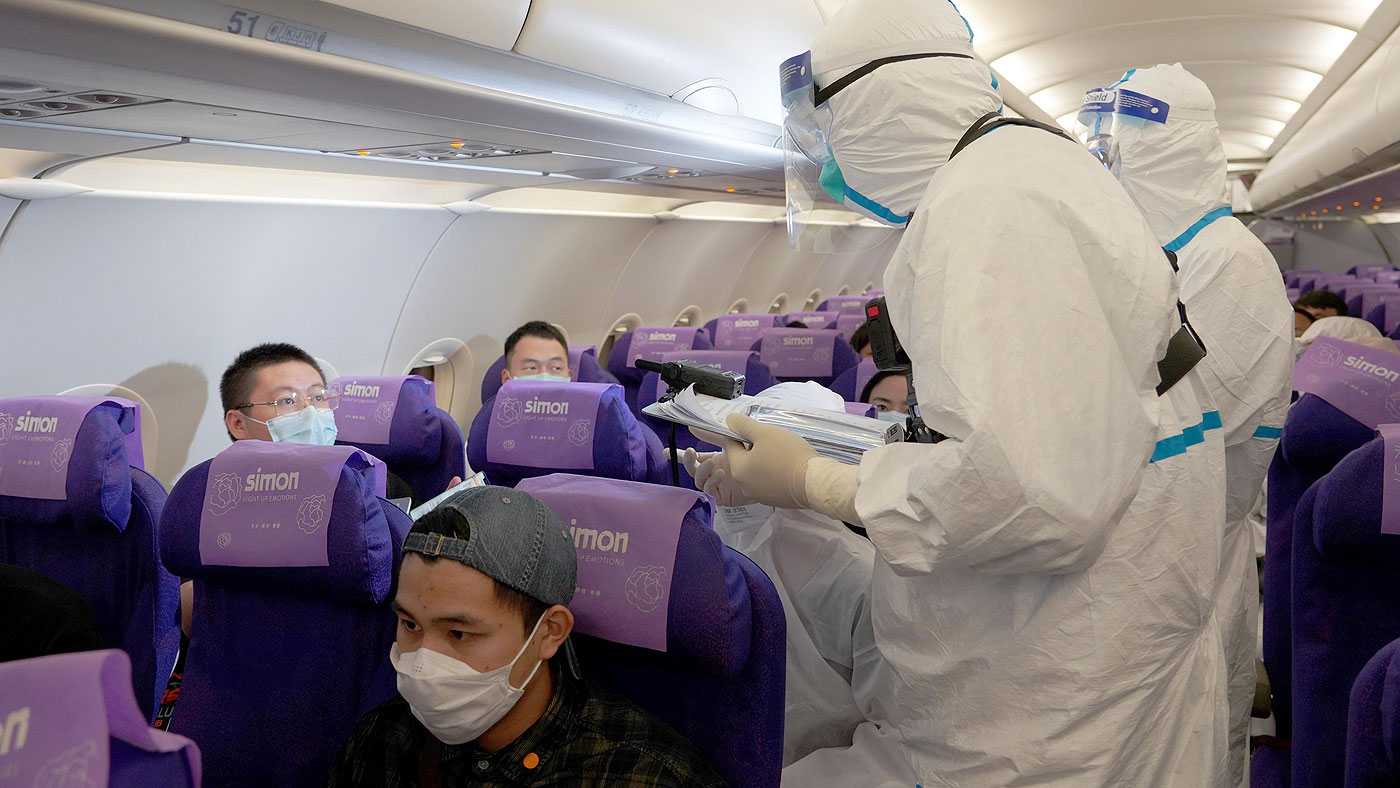 Coronavirus: what are the odds of catching Covid-19 on a plane?
Coronavirus: what are the odds of catching Covid-19 on a plane?Speed Read Studies suggest air travel is safe despite concerns about air quality
-
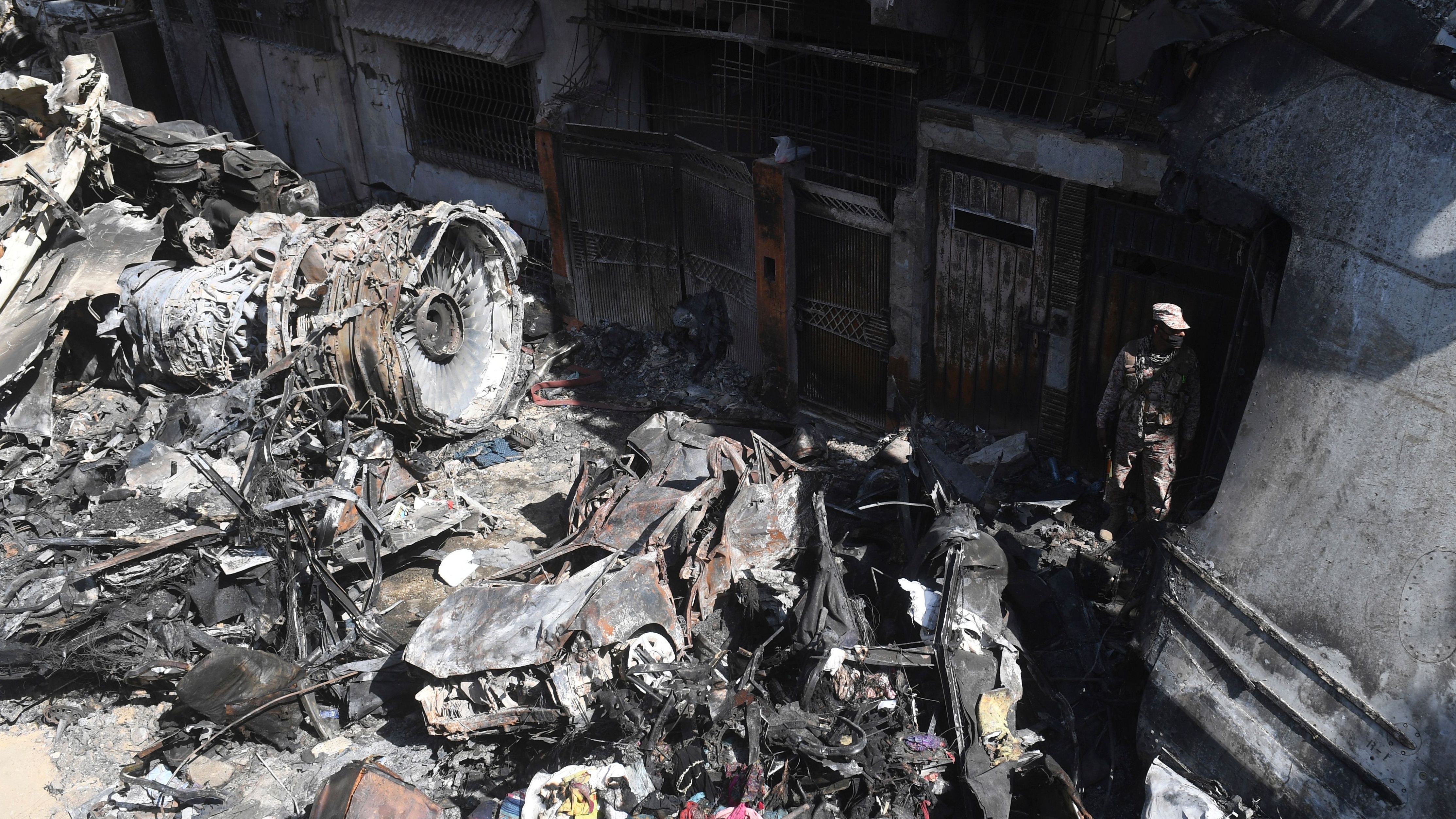 Plane crashed ‘as distracted pilots discussed Covid fears’
Plane crashed ‘as distracted pilots discussed Covid fears’Speed Read Preliminary report says ‘human error’ to blame for crash in Pakistan that claimed 98 lives
-
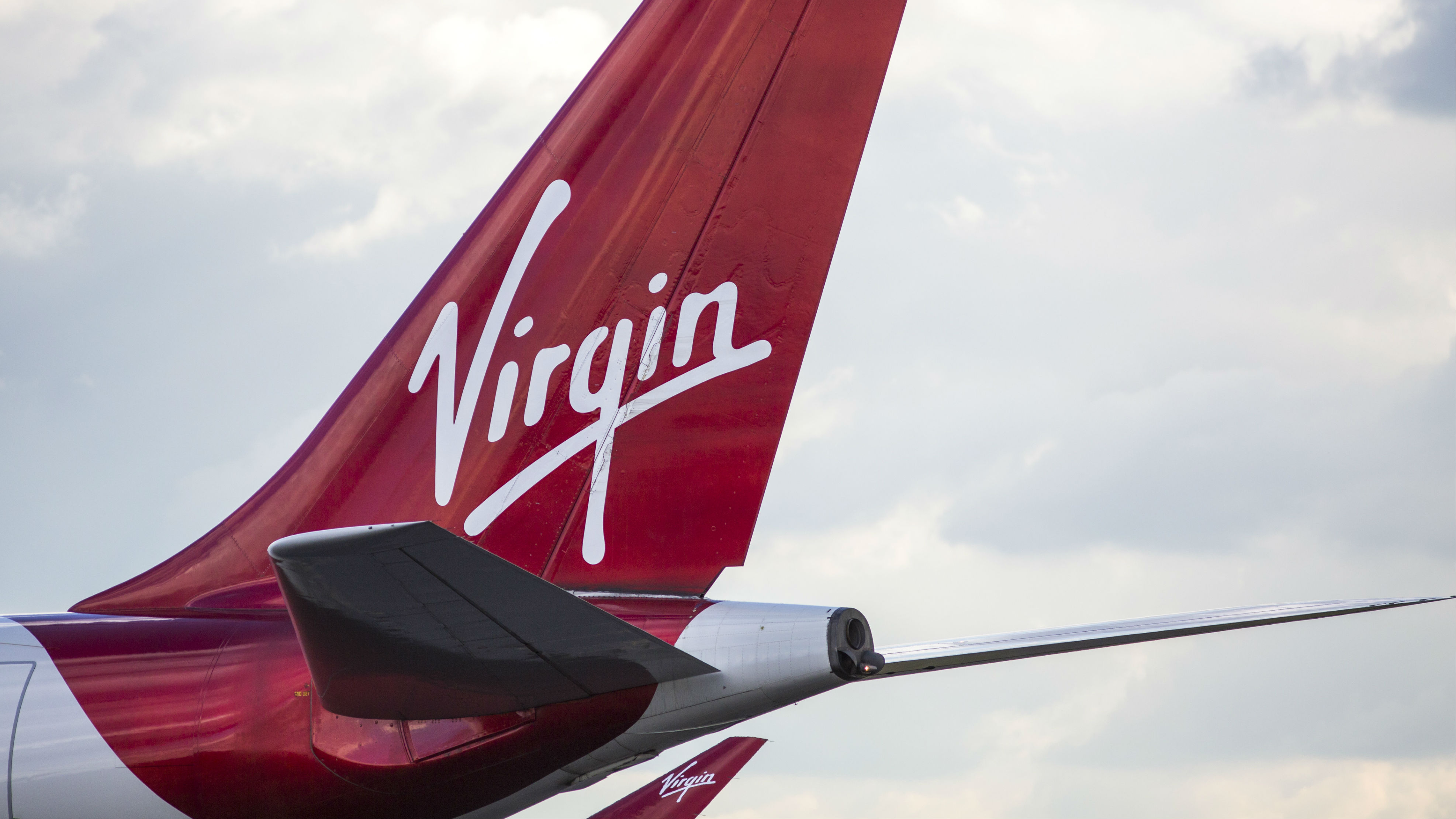 Coronavirus: Virgin Atlantic tells staff to take unpaid leave
Coronavirus: Virgin Atlantic tells staff to take unpaid leaveSpeed Read Move comes amid warnings that global pandemic could bankrupt aviation industry
-
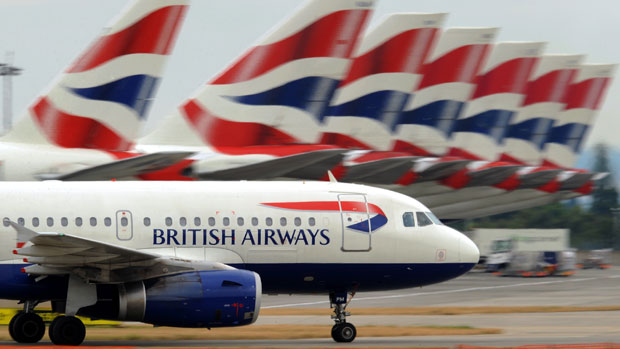 UK airlines call for multibillion-pound coronavirus bailout
UK airlines call for multibillion-pound coronavirus bailoutSpeed Read Demand comes ahead of ‘bloodiest week in British aviation history’